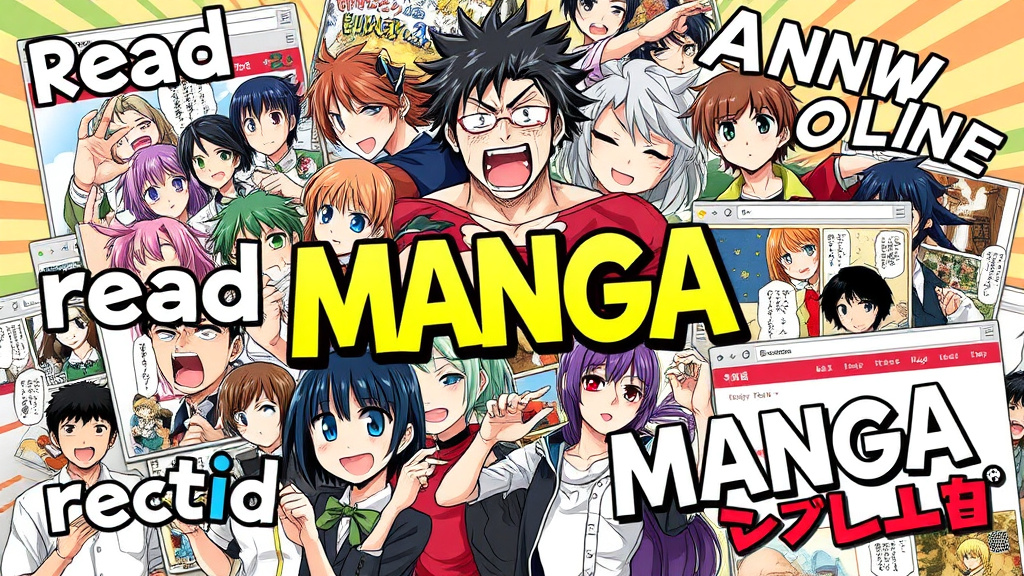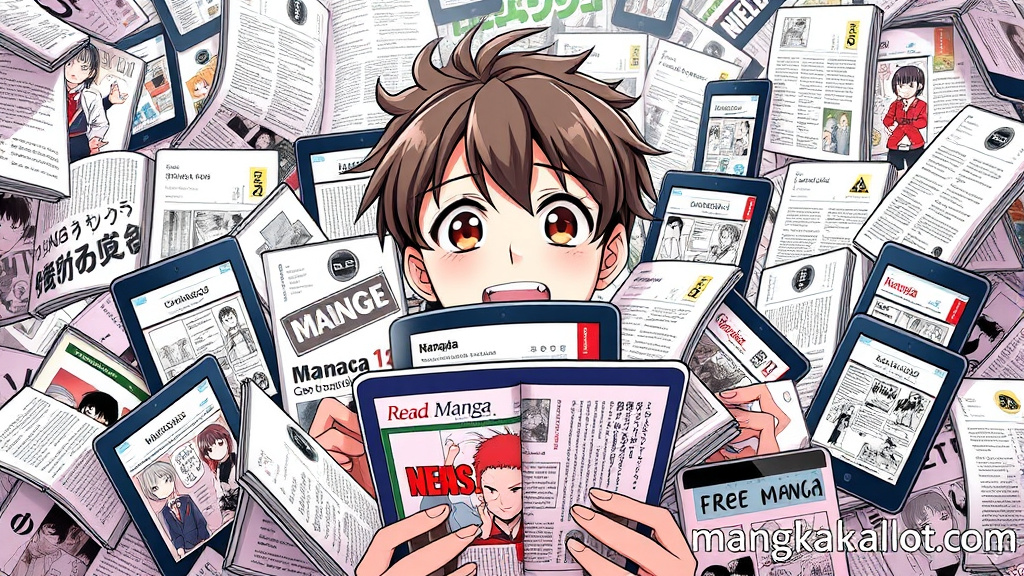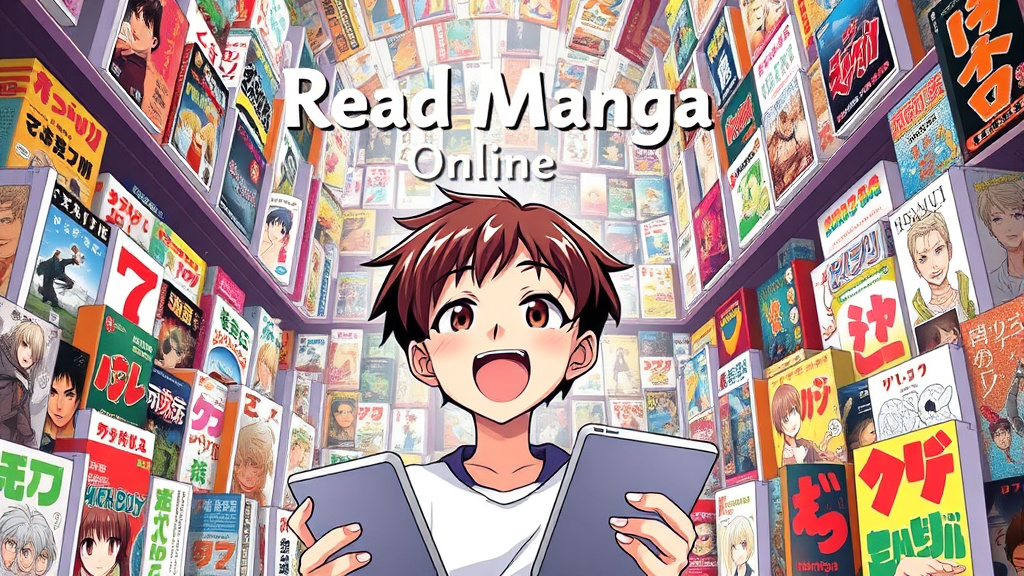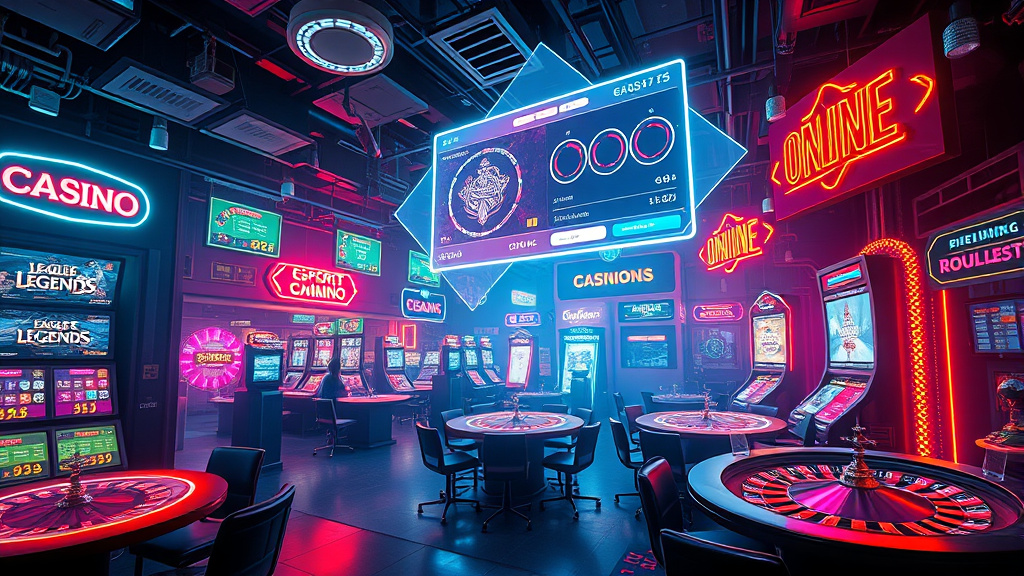manhwa explicit has become a notable phenomenon within the realm of Korean comics, captivating a diverse audience while sparking debates about ethics, artistic freedom, and societal influence. From its burgeoning popularity to the complex issues of regulation and cultural reflection, this genre challenges perceptions and pushes boundaries in unprecedented ways. Dive into this comprehensive exploration of manhwa explicit, where art, morality, and cultural attitudes intersect in a dynamic landscape that continues to evolve.
Manhwa explicit refers to Korean comics that contain explicit sexual content, often pushing the limits of social acceptability. This genre's growth is not merely about titillation but also raises profound questions about artistic expression, consumer demand, and the societal implications of depicting sexuality openly.
Ethical Considerations in the Production and Consumption of Explicit Manhwa
The ethical landscape surrounding manhwa explicit is marked by a delicate balance between creative freedom and moral responsibility. Artists often grapple with the challenge of portraying sexuality authentically without crossing lines into exploitation or harm. Selling explicit content to consenting adults may seem straightforward, yet the broader societal impact—especially when considering themes that involve minors or non-consensual acts—adds layers of ethical complexity.
Furthermore, consumers carry their own ethical responsibilities, as they often influence industry trends through their preferences. The demand for explicit manhwa can inadvertently promote harmful stereotypes or normalization of problematic behaviors if not critically examined. The industry must, therefore, navigate these moral dilemmas thoughtfully to foster a responsible environment for creators and audiences alike.
 Hình minh họa: manhwa explicit – manga online reading legal
Hình minh họa: manhwa explicit – manga online reading legalThe Growing Popularity of Explicit Manhwa: A Market Analysis
In recent years, explicit manhwa has experienced exponential growth, driven by changing societal attitudes towards sexuality and increased internet accessibility. Online platforms have democratized access, allowing creators to publish niche content directly to readers worldwide, bypassing traditional publishing constraints.
This surge in popularity can also be attributed to an unmet demand for more diverse, authentic, and unfiltered depictions of sexuality. As cultural taboos diminish, part of the market seeks out explicit manhwa as an outlet for exploring fantasies or understanding human intimacy. This trend suggests that explicit content is no longer a fringe phenomenon but a significant segment of the global comic industry with substantial economic influence.

Artistic Expression vs. Exploitation: Examining Themes in Explicit Manhwa
Explicit manhwa often blurs the lines between artistic expression and exploitation. On one hand, many creators emphasize art as a form of personal expression, exploring complex themes of desire, vulnerability, and human connection. Artistic styles vary immensely, with some works incorporating detailed symbolism or psychological depth, elevating them beyond mere titillation.
Conversely, certain explicit manhwa can devolve into exploitative portrayals, reducing characters to mere objects and perpetuating harmful stereotypes. The challenge for creators and consumers is to discern works that promote healthy sexuality and respect for characters from those that commodify and dehumanize. This ongoing tension underscores the importance of critical engagement with the genre and its themes.
Explicit Manhwa and Its Impact on Reader Expectations and Desires
Consumption of explicit manhwa significantly influences reader expectations around sexuality, intimacy, and storytelling. For many, this genre becomes a lens through which they explore fantasies or seek validation of their desires. Content that pushes boundaries may shape perceptions about what is normal or desirable, sometimes skewing what readers consider acceptable in real-life relationships.
This influence can be both positive and negative. On one hand, explicit manhwa can foster open conversations about sexuality and break down stigmas. On the other, it risks creating unrealistic standards or expectations that may lead to dissatisfaction or unhealthy attitudes towards intimacy. The genre's impact on individual desires extends beyond entertainment, affecting personal perceptions and societal norms.
Regulation and Censorship of Explicit Manhwa: A Comparative Study
Across different countries, the regulation and censorship of manhwa explicit vary widely, reflecting diverse cultural attitudes towards sexuality. In South Korea, legal restrictions are often strict, focusing on protection of minors and prevention of obscenity, which directly impacts how explicit content is produced and distributed. Meanwhile, Western countries adopt a more permissive approach, allowing adult-only publications but regulating content that crosses legal boundaries.
This disparity raises questions about artistic freedom and societal morals. Censorship can hinder creative expression but is sometimes justified as a societal safeguard. The debate continues over where to draw the line between protecting social values and suppressing artistic innovation, particularly in a genre as provocative as manhwa explicit.
The Role of Explicit Content in the Manhwa Industry: A Necessary Evil?
The presence of explicit content within the manhwa industry remains a contentious issue, with some viewing it as a vital part of artistic exploration and others seeing it as a necessary evil. For creators, explicit scenes can serve narrative purposes, express characters’ vulnerabilities, or delve into complex themes of desire and power dynamics. It can also serve as a commercial strategy to attract readership and generate revenue.
Conversely, critics argue that explicit manhwa often exploits sensitive themes or caters to unhealthy fantasies, undermining the industry’s artistic integrity. The debate hinges on whether such content enhances storytelling or merely commodifies sexuality for profit. Ultimately, the role of explicit content remains a reflection of broader societal attitudes and the industry’s capacity for responsible storytelling.
Psychological Effects of Consuming Explicit Manhwa: A Research Overview
Studies on the psychological impact of consuming explicit manhwa reveal nuanced effects that depend heavily on individual differences and contextual factors. Some research suggests that viewing explicit content may influence perceptions of sexuality, power dynamics, and consent, sometimes reinforcing unhealthy attitudes if consumed uncritically.
However, other studies highlight potential benefits, such as increased sexual literacy or exploration of taboo subjects in a safe environment. It’s crucial to understand that the psychological effects are complex and require a balanced perspective. For many, explicit manhwa becomes a tool for understanding their desires, but unchecked consumption could foster unrealistic expectations or desensitization.
Explicit Manhwa and Fandom Culture: Communities, Discussions, and Debates
Fandom communities centered around explicit manhwa foster vibrant discussions, sharing of fan works, and debates over ethical and artistic issues. Social media platforms and dedicated forums serve as spaces where fans dissect themes, critique portrayals, and advocate for more responsible content creation.
Yet, these communities often grapple with conflicts rooted in conflicting values—some celebrating the genre’s freedom of expression, others raising concerns over exploitation and harmful stereotypes. These debates reflect broader societal tensions about sexuality, morality, and artistic integrity, illustrating how fandom culture acts as a microcosm of larger cultural conversations.
Explicit Manhwa as a Reflection of Societal Attitudes Towards Sexuality
Explicit manhwa is not created in a vacuum; it often mirrors and influences societal attitudes towards sexuality. As Korean culture becomes more open about discussions around intimacy, the genre evolves to address diverse preferences and themes, challenging traditional norms. It can serve as both a mirror reflecting societal shifts and a catalyst for change by normalizing frank conversations about desire and consent.
At the same time, explicit manhwa reveals underlying cultural tensions—between conservative values and modern liberal attitudes—highlighting what societies deem acceptable or taboo. Its contents can act as a barometer for societal acceptance of sexuality, prompting ongoing dialogue about morality, rights, and cultural evolution.
Trends and Innovations in Explicit Manhwa: Evolving Content and Styles
The landscape of explicit manhwa is continually evolving, driven by technological advances, changing societal standards, and innovative artistic visions. Recent trends include more nuanced storytelling, diverse representation of gender and sexual identities, and experimental art styles that employ symbolism or unconventional aesthetics.
Innovations also encompass the integration of digital platforms, offering creators tools to enhance storytelling and reach wider audiences. As the genre matures, it explores more mature themes, emphasizing emotional depth alongside explicit content. These trends suggest that explicit manhwa is not static but an adaptive genre reflecting ongoing cultural, technological, and artistic innovations.
Conclusion
The world of manhwa explicit is a complex and multifaceted domain where artistic expression intersects with societal values, ethics, and personal psychology. Its growing popularity highlights shifting attitudes towards sexuality and the power of visual storytelling, but it also prompts critical debates about exploitation, regulation, and cultural influence. As the genre continues to evolve with technological and artistic innovations, it remains a mirror to society’s evolving understanding of desire, morality, and artistic freedom—an arena of both controversy and creativity that undeniably shapes contemporary cultural conversations.





